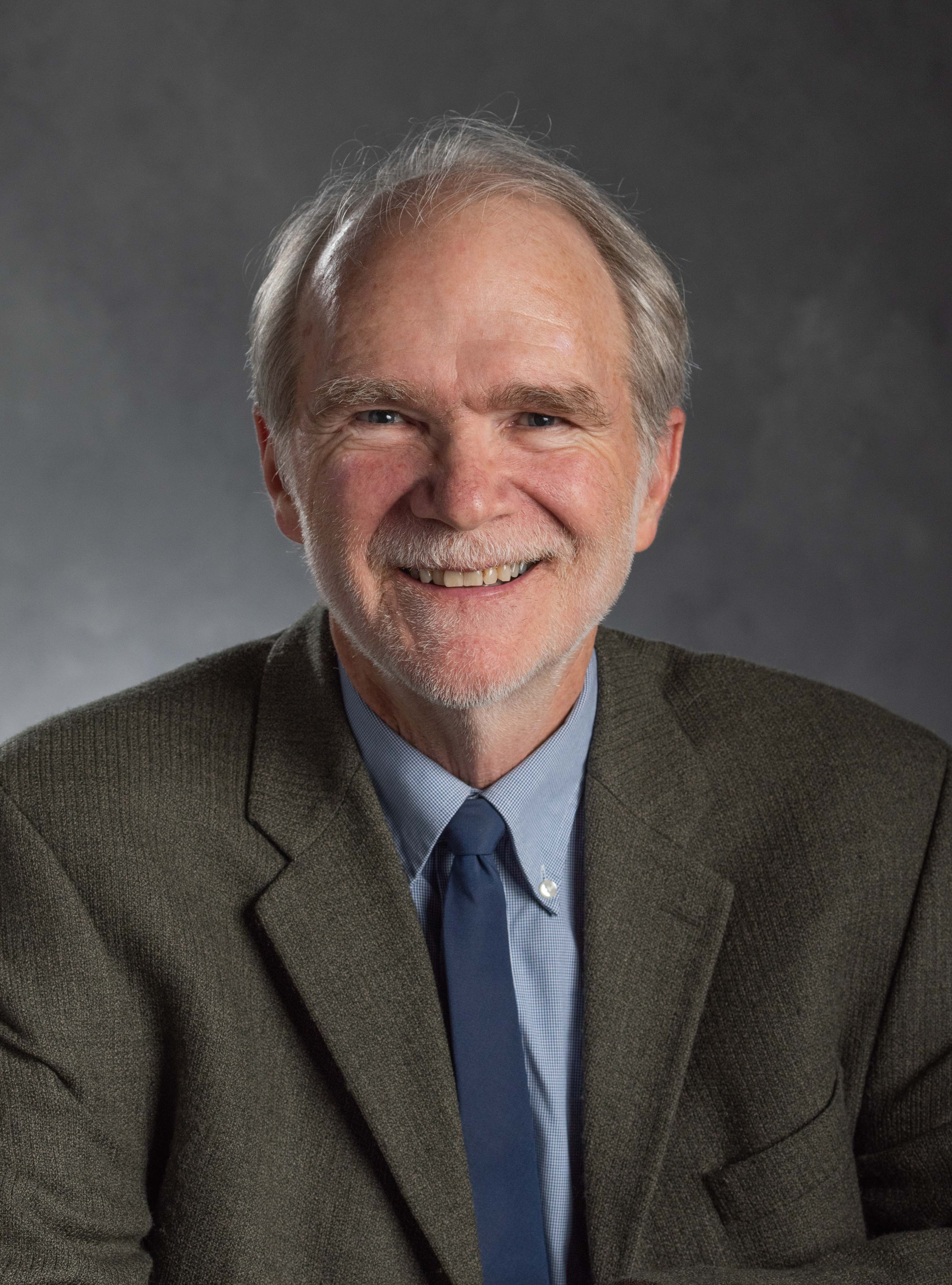MSU University Distinguished Professor elected to National Academy of Sciences for work in sustainable agriculture
Phil Robertson, Ph. D., a University Distinguished Professor in the Department of Plant, Soil and Microbial Sciences, has been elected to the National Academy of Sciences, one of the highest honors for a scientist in the U.S.
Phil Robertson, Ph. D., a University Distinguished Professor at Michigan State University (MSU) in the Department of Plant, Soil and Microbial Sciences, has been elected to the National Academy of Sciences (NAS), one of the highest honors for a scientist in the United States.

Robertson is an internationally recognized crop and soil scientist and ecosystem ecologist. His more than four decades of research have focused on the biogeochemistry and productivity of field crop ecosystems and landscapes. His work has made significant contributions to understanding how farming practices influence climate stability, water quality and crop yields.
Robertson is one of 120 members and 30 international members elected to the NAS in recognition of their distinguished and continuing achievements in original research. He is joined by MSU University Distinguished Professors Jianguo “Jack” Liu, Ph.D., and Christoph Benning, Ph.D.
A resident faculty member at the W.K. Kellogg Biological Station (KBS), Robertson has led several of the nation’s most influential long-term agricultural research programs, including the NSF Long-Term Ecological Research (LTER) Program from 1988 to 2017. He also played a foundational role in three of MSU’s major agroecology initiatives at KBS: the LTER, the Long-Term Agroecosystem Research (LTAR) network and the Department of Energy’s Great Lakes Bioenergy Research Center (GLBRC), for which he served as Science Director from 2017 to 2021.
Robertson’s research centers on the sustainability of cropping systems, including food crops such as corn, soybeans and wheat, and cellulosic biofuel crops like switchgrass, miscanthus and restored prairie. His lab investigates the ecological processes that regulate nitrogen availability and loss, soil carbon dynamics and greenhouse gas fluxes, particularly carbon dioxide, nitrous oxide and methane.
His work spans multiple scales, from soil microbial interactions to regional and global assessments of agriculture’s environmental impact. He is primarily known for advancing knowledge about the global warming impacts of agricultural management and the microbial processes that control nitrous oxide emissions from soils.
Reflecting on the recognition, Robertson emphasized the collaborative spirit that has shaped his career.
“I'm deeply honored by the election, made possible only by colleagues and others at Michigan State University who have provided outstanding opportunities to collaborate through the years,” said Robertson. “MSU has been an exciting place to advance the science I care most about and to teach the next generations.”
“Dr. Robertson’s election to the National Academy of Sciences is a testament to his contributions to sustainable agriculture and ecosystem science,” said Matt Daum, interim dean of the College of Agriculture and Natural Resources. “His work exemplifies the innovative, high-impact research that defines Michigan State University. We are proud to celebrate this well-deserved recognition and honored to have him in our community.”
In addition to his work at MSU, Robertson’s contributions to science policy and national committees have been extensive. He has served on the U.S. Department of Energy’s Biological and Environmental Research Advisory Committee, the U.S. Carbon Cycle Scientific Steering Committee and the National Research Council’s Committee on Opportunities in Agriculture. He also chaired the U.S. LTER Network and was a lead author for the 2014 U.S. National Climate Assessment.
Robertson is a Fellow of the Soil Science Society of America, the American Association for the Advancement of Science and the Ecological Society of America. He received MSU’s Distinguished Faculty Award in 2005. He earned his Ph.D. in Ecology and Evolutionary Biology from Indiana University and has held postdoctoral and sabbatical appointments at the Royal Swedish Academy of Sciences and research centers in Adelaide and Brisbane, Australia.



 Print
Print Email
Email




